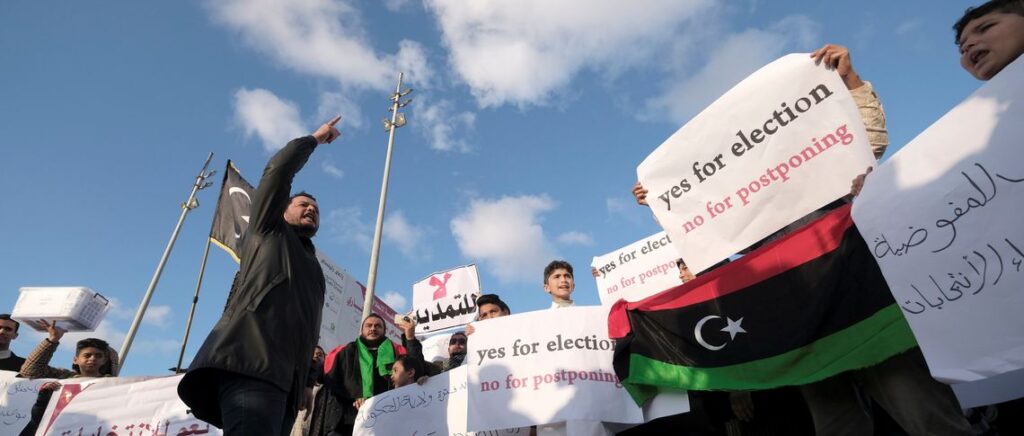
The Russian military is deepening its efforts to absorb former Wagner Groupoperations in Africa by launching its own “Africa Corps” unit, according to the Institute for the Study of War think tank’s latest bulletin, as Moscow looks to entrench its influence on the continent amid competition with the U.S. and its Western allies.
“The Russian Ministry of Defense (MoD) reportedly started public recruitment for the Russian ‘Africa Corps’ aimed at subsuming Wagner Group operations in Africa after alleged failed MoD attempts to directly recruit former Wagner personnel,” the ISW wrote, referring to a post on the Two Majors Telegram channel, which included a purported advertisement for the new unit.
“The need to publicly advertise recruitment into the Russian ‘Africa Corps,'” the ISW wrote, supports previous reports indicating that Moscow’s “attempt to directly recruit former Wagner personnel for operations in Africa were largely unsuccessful.”
“The African continent is the focus of Russia’s attention,” the Two Majors post read, suggesting that the “African Corps” was formed after a visit of Deputy Defense Minister Yunus-Bek Yevkurov to Libya to meet with the commander of the Libyan National Army, Khalifa Haftar. Wagner had been operating in the North African nation in support of Haftar’s faction since late 2018.
Yevkurov’s visit, Two Majors said, was the “the practical implementation of the Russian-Libyan agreements” reached during the Moscow International Security Conference and Army-2023 event held in the Russian capital in August.
The Russian Defense Ministry has been seeking to assume control of Wagner’s lucrative African operations in countries including Libya, Sudan, and Mali since the death of former group financier Yevgeny Prigozhin in August. Newsweek has contacted the Russian Defense Ministry by email to request comment.
The purported ad posted by Two Majors said the minimum salary of a soldier joining the African Corps is 280,000 rubles—more than $3,100—per month, which ISW noted is “significantly higher” than those reportedly offered by the Russian Defense Ministry to former Wagner fighters, or that offered by Wagner to its own recruits.
The oligarch-turned-warlord established close ties with several African governments—not all internationally recognized—in his pursuit of independent income streams for the mercenary organization. Wagner was intensely involved in the Kremlin’s war on Ukraine until the group’s abortive June coup, after which remnants of the group briefly relocated to Belarus.
But their stay there was never certain. “There’s really not much use, from a strategic perspective, for Wagner to be clustered in Belarus,” Samuel Ramani, the author of Russia in Africa and an associate fellow at the British Royal United Services Institute think tank, told Newsweek.




